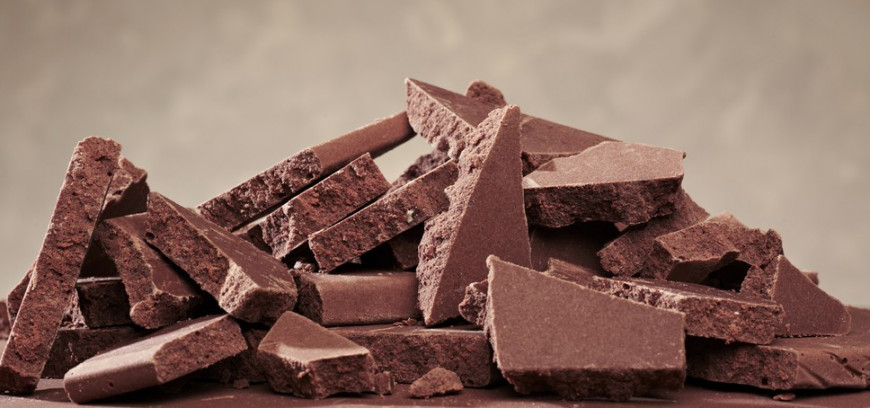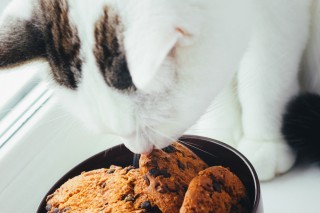We're here to help

Is chocolate safe for cats?
Chocolate contains two properties – theobromine and caffeine – that are poisonous to cats. Dark chocolate, baking chocolate and cocoa powder tend to have the highest levels. While cats do seem less inclined than dogs to eat chocolate, it does happen and our emergency vets occasionally see chocolate poisoning cases in cats.
Cat chocolate toxicity calculator
It’s not known exactly how much chocolate can cause cats to become ill (there is insufficient data to determine a toxic dose). For this reason, we are unable to replicate our dog chocolate toxicity calculator for cats. But we do know that the severity of the poisoning is influenced by the size and weight of the pet and the amount and type of chocolate eaten.

My cat ate chocolate, what should I do?
If you’re worried your cat has eaten chocolate you should contact your vet straight away or, if it’s out of hours, your nearest Vets Now pet emergency service. Try to take a note of the amount and type of chocolate eaten (wrappers are ideal) and when your cat ate it.
How is chocolate poisoning diagnosed?
Initial diagnosis is usually based on your cat’s symptoms and whether you have evidence they’ve eaten chocolate. Once at the veterinary clinic your cat will be given a full examination and a panel of tests will be carried out to provide vets and vet nurses with vital diagnostics information.
How is chocolate poisoning treated?
There’s no antidote for chocolate poisoning. If the outcome of your pet’s examination and the results of the diagnostics tests suggest they are at risk, your vet may induce vomiting to try to prevent the chemicals in the chocolate from damaging their organs. They may also administer activated charcoal which absorbs any toxins in the stomach and upper intestines. Your cat may also be put on a drip to ensure they’re properly hydrated.

